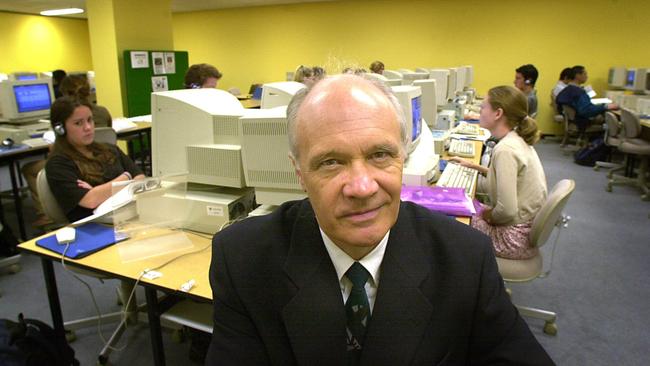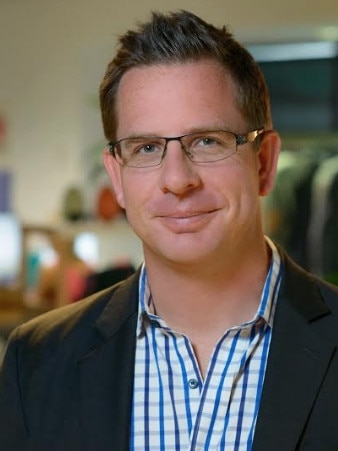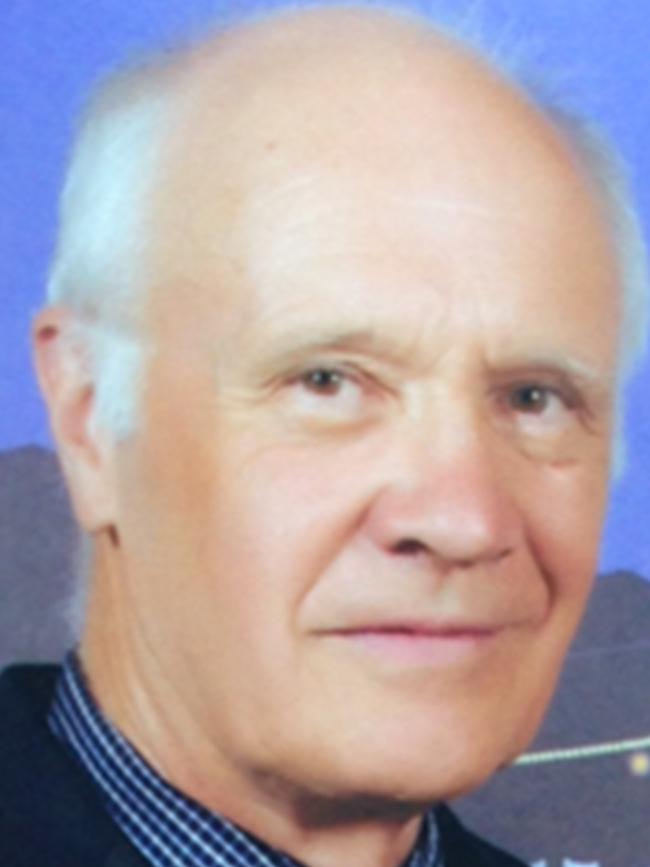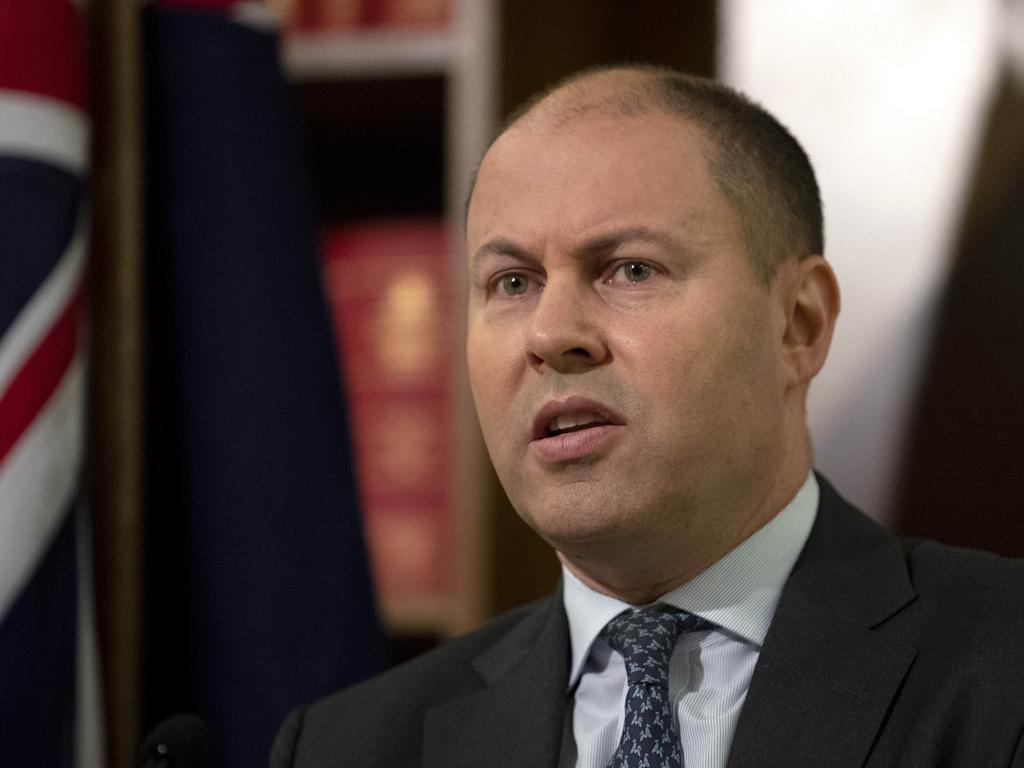Take on Google and Facebook, says journalism professor Henningham
A leading journalism professor sees a divorce between Facebook, Google and news organisations as more constructive than “a shotgun marriage”.

A leading Australian journalism professor says the media should throw down the gauntlet to big tech over its refusal to pay for mainstream news by building alternative news platforms.
Professor John Henningham, the inaugural professor of journalism at University of Queensland and later founder of Jschool, says media organisations could end their dependency on eyeballs on social media by building an aggregated, searchable news platform. It would then encourage the public to find its news there.
The Australian Competition and Consumer Commission (ACC) has published a draft code that requires Facebook and Google pay media for news content and negotiate other issues, but both have recoiled against the move.
Last month Google promoted an open letter via its search and YouTube, claiming the move would dramatically worsen Google search. It also extensively lobbied politicians against the ACCC move. That lobbying seems to have had little impact with both sides of federal parliament and crossbenchers behind the ACCC’s moves.
Yesterday Facebook threatened to stop posting news altogether. “Assuming this draft code becomes law, we will reluctantly stop allowing publishers and people in Australia from sharing local and international news on Facebook and Instagram,” says Will Easton, managing director, Facebook ANZ.
“This is not our first choice – it is our last. But it is the only way to protect against an outcome that defies logic and will hurt, not help, the long-term vibrancy of Australia’s news and media sector.”

Mr Easton’s remarks suggest there are likely two approaches going forward: either deals are struck with Facebook and Google by agreement or through arbitration, or the tech giants walk away from publishing news in Australia altogether.
While many in news organisations might be nervous about the prospect of media organisations cutting ties with Facebook and Google, and losing millions of eyeballs who visit news sites via these platforms, at least in the short term, others believe a total separation would be a better long-term outcome. It would end the enslavement of news organisations to gaining eyeballs from social media and enhance their ability to build independent advertising strategies.
One alternative would see news organisations build and promote their own portals as a one-stop shop for the public to search for serious news from authoritative sources, and leave Facebook and Google to deal with the conspiracy theories and misinformation purporting to be news – material they struggle to mediate.
Professor Henningham says media groups should get together to “coax and persuade” readers to come to independent new aggregation sites. He says they could drop paywalls temporarily to attract readers, and build new subscription models across publications/
He says a divorce from Facebook and Google rather than a “shotgun marriage” might be better.

“I can see benefits for the media in being not dependent upon the power, the massive power of Google and Facebook which, as we all know, have stripped the revenue of the mainstream news media and mostly destroyed them, and killing the goose that lays the golden eggs, the journalism.”
Professor Henningham says peoples’ online habits had changed markedly over time, and it wouldn’t be hard to persuade them to search for news away from social media.
He said the internet landscape had changed rapidly since the days when Netscape, America Online (AOL), MySpace and Yahoo were dominant.
“There’s no reason to assume that these people, any more than the US railroads, are going to be around forever. They may already be starting their decline. I think ‘take them on’.”
He believes throwing down the gauntlet offers a better prospect than depending on government regulation. “It‘s really just a matter of changing people’s approach to getting information.
“In times of crisis like coronavirus and bushfires, news really comes into its own, because people want reliable timely information, they‘re desperate for it.
“They realise that there is another way. We can get our views, not by going to Facebook but going directly to the sites or the aggregation of the sites.”
Community organisation Responsible Technology Australia also has taken issue with Mr Easton’s comments.
“Facebook threatening to pull reliable, factual content from Australians‘ newsfeeds is a sign of just how out of control these platforms are,” says Chris Cooper, executive director of RTA.
“That Facebook would suggest blocking news in the middle of a pandemic, when accurate information is a key plank of the public health response really tells you all you need to know about how much (Facebook CEO Mark) Zuckerberg cares about Australian society and cohesion.
“It is highly disturbing to hear Google and Facebook describe ‘news’ as nothing more than a line item on a balance sheet. Both platforms are dangerously casual about the prospect of operating platforms in which real news has been abandoned or de-prioritised, leaving misinformation to fill the void.
“The difference between information and misinformation and the value of the news to the functioning of democracy doesn‘t seem to exercise Facebook or Google’s leaders. They see regulation as an inconvenient impost on their immediate profits – and the hostility of their response should tell Australian policymakers that regulation is needed.
“Democracies around the world are waking up to a whole host of concerns about how Google and Facebook operate, the negative effect they cause, and the out-size power they wield.”
Unlike Professor Henningham, Mr Cooper sees regulation as the way forward. He says the social media giants portray themselves as representing younger people; the truth is these platforms have let down young people badly.
Instead of fostering a journalists environment which uncovers major news stories, they are fed a diet of conspiracy theories and misinformation.
“Absolutely, If you look at the incentives and the priorities and the priorities of the platforms … they do that by serving content and creating content which leans into the more sensational outrageous conspiratorial because that is what holds our attention.
“They’ve absolutely done a disservice to young people, and all Australians in this way.
“Our position on this is that these companies have grown to a size which means that they have dominance and monopoly control over something that‘s really important for democracy.”






To join the conversation, please log in. Don't have an account? Register
Join the conversation, you are commenting as Logout